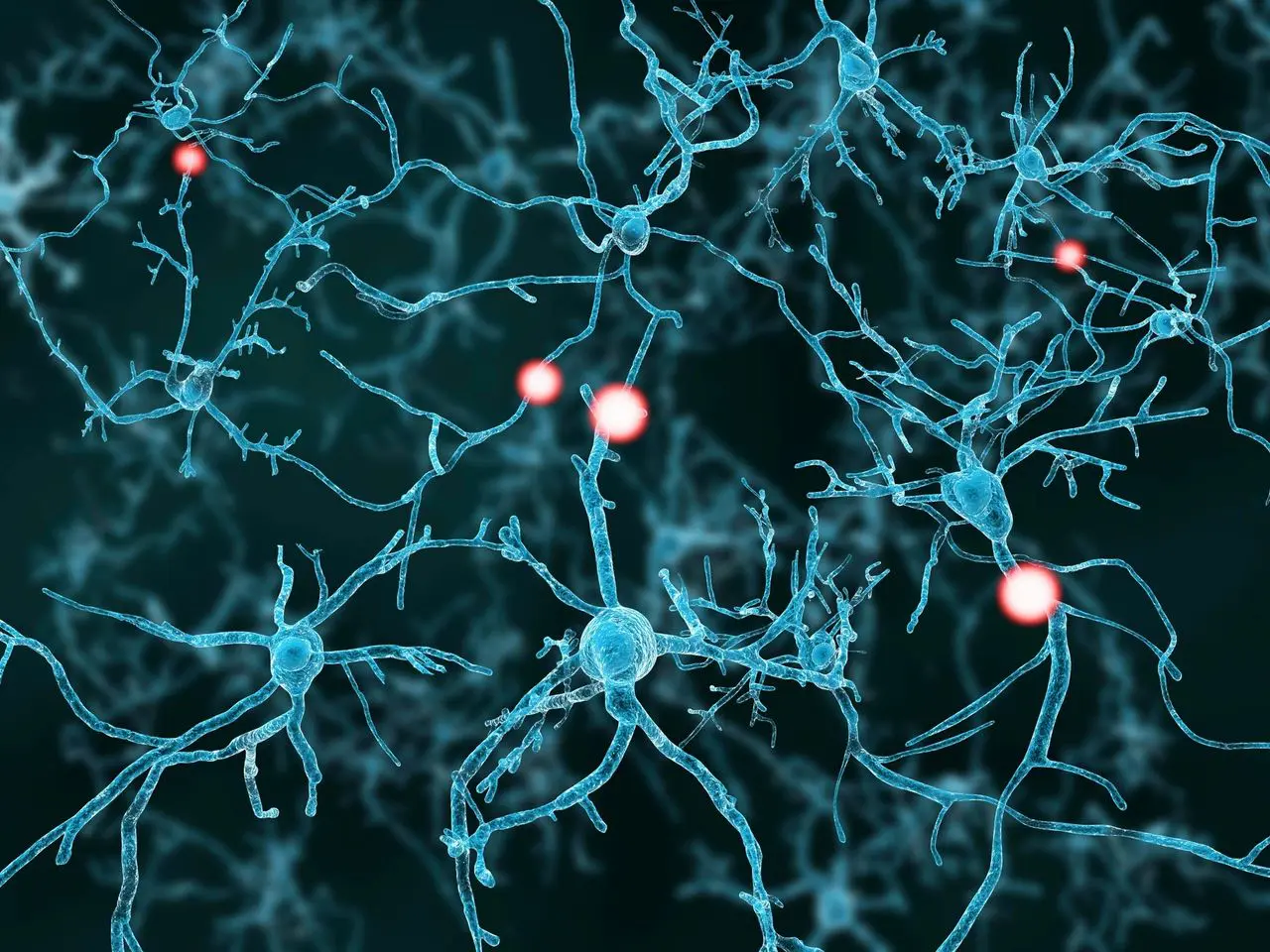
Embracing Neurodiversity: Understanding Brain Differences
As a therapist, I often have the privilege of working with individuals whose brains operate in beautifully unique ways. This diversity in how we think, process, and experience the world is known as neurodiversity. For those navigating what it means to be neurodivergent or supporting a loved one who is, understanding neurodiversity can be a powerful step toward embracing these differences as strengths.
What Is Neurodiversity?
Neurodiversity refers to the natural variation in how human brains are wired and how they function. Coined in the late 1990s by sociologist Judy Singer, the term challenges the notion that there is a “normal” or “correct” way for brains to work. Instead, neurodiversity recognizes that conditions like autism, ADHD, dyslexia, dyspraxia, and others are not deficits or disorders but part of the rich spectrum of human experience.
Just as biodiversity strengthens ecosystems, neurodiversity enriches our communities by bringing unique perspectives, talents, and ways of thinking to the table.
The Neurodivergent Experience
For individuals who are neurodivergent, the world can often feel like it’s not designed with them in mind. Whether it’s sensory sensitivities, differences in communication styles, or challenges with executive functioning, navigating daily life can be both rewarding and complex.
It’s important to remember that being neurodivergent is not about deficits. It’s about having a brain that works differently. These differences can lead to incredible creativity, problem-solving abilities, and innovation. However, they can also come with challenges, especially in environments that lack understanding or accommodations.
How Therapy Supports Neurodivergence
Therapy can be a transformative space for neurodivergent individuals. As a therapist, my role is to support you in understanding yourself, managing challenges, and celebrating your strengths. A lot of mental health spaces pathologize neurodiversity, but know that here, we will acknowledge the difficulties of existing in a world not built to honor and understand difference, but celebrate the unique strengths that come with it. This might include:
- Self-Awareness: Understanding your unique brain wiring and how it influences your experiences.
- Unpacking Internalized Ableism: Understanding how we internalize negative beliefs often espoused by the culture at large and impact on our own beliefs about what we “should” be capable of.
- Coping Strategies: Developing tools to navigate areas of difficulty, whether in relationships, work, or daily routines.
- Self-Advocacy: Building confidence to communicate your needs and boundaries effectively.
- Family Support: Helping families understand neurodiversity so they can create an environment of acceptance and respect.
Celebrating Neurodiversity
A key part of embracing neurodiversity is shifting from a deficit-based perspective to one that recognizes and values differences. Society is gradually evolving in its understanding, but stigma and misconceptions still exist. By fostering awareness and creating inclusive spaces, we can help ensure that neurodivergent individuals feel valued and empowered to thrive.
You’re Not Alone
Whether you’re exploring your own neurodivergence or supporting someone else, it’s essential to know that you’re not alone. As a therapist, I’m here to provide a space where you feel seen, heard, and understood. Together, we can navigate this journey with curiosity, compassion, and hope.
Let’s celebrate the diverse ways we think, connect, and experience the world. Because every brain has value—and so do you.

